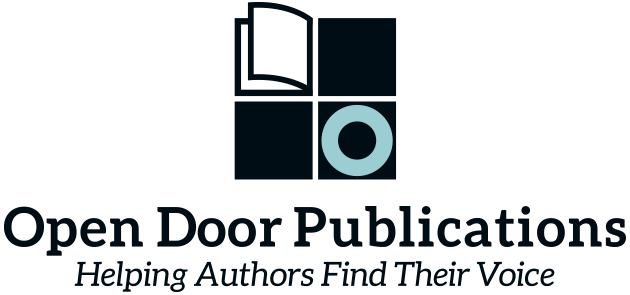When first-time authors look for editing services they often confuse the terms editing and proofreading. These are actually two different animals. In fact, editing is not just one animal, it has cousins. Make sure you know what you are asking for when you speak with a professional about these services. If you aren’t clear, you may end up paying for less, or more, than you expected.
Copy Editing is looking over a manuscript for basic grammar errors: fixing spelling and punctuation, checking verbs for tense agreement, and making sure that you have followed all the rules of basic English. For example, I’ve found that many people confused “that” and “which” or “sit” and set.” And are you sure you have used your commas, semi-colons and dashes correctly? I know I get confused on these – that’s why I always have someone look over my work before sending it out – even if it is “just a blog.”
Content Editing takes it one step further. Of course, a content editor is going to check your spelling and grammar, but he or she will also look at your book’s story. Are the characters well-defined? Do the males and females read like men and women? I know many excellent writers who have trouble writing believable characters of the opposite sex.
Writing a novel is complex. A content editor will make sure that you have no point of view errors, unnecessary characters, a credible – and interesting – plot, that your characters have emotion, that your descriptions are descriptive, and much more. In other words, a content editor will help you make sure that your book is not just well-written, it is marketable.
Proofreading: Many first-time authors think that if they have used either a content editor or a copy editor they do not need a proofreader. This is a mistake. A proofreader should look at your final manuscript after it has been completely edited and formatted as a book. Errors can, and do, creep in. I like to blame the evil computer elves who mess with my document every time I close it. But there is more to it than just that. A proofreader will make a final check for spelling and grammar errors, but will also check for style errors. Do you consistently spell out numbers or use numerals, or have you mixed them? Do you have section headings at the bottom of a page instead of the top? Are the pages numbered correctly? Is your table of contents correct?
A good proofreader will know one or more style manuals. In fact, that’s one of the first questions I ask a potential proofreader: Which style manuals do you know? If the answer is “What’s a style manual?” (And you will be surprised at how often you will receive this answer from someone who wants to work as a proofreader) move on to someone else. If you are writing fiction you should look for someone who knows the Chicago Manual of Style. If you are writing non-fiction, there are several different manuals that are used in various professions.
Finding the right editors and proofreader can make the difference between a professional, marketable book and one that sits on the shelves.
